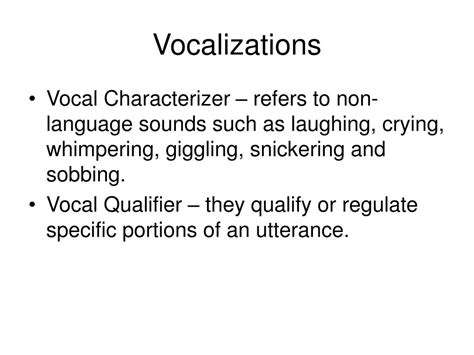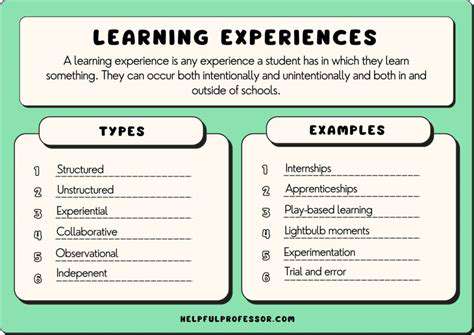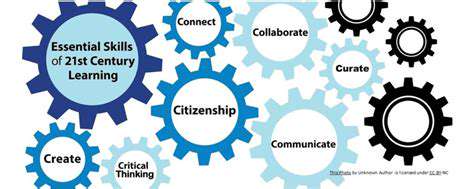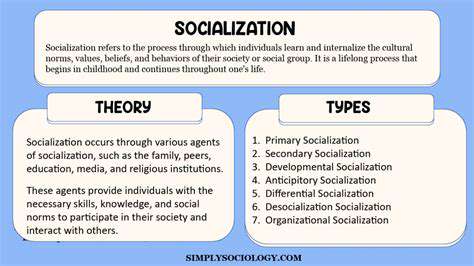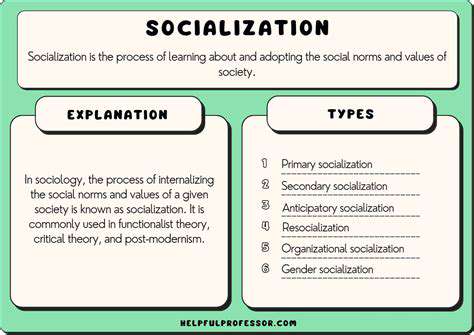The Impact of Maternal Care on Early Socialization
Index
- Attachment Theory emphasizes caregivers’ influence on emotional development.
- Maternal care fosters secure attachments, influencing emotional regulation.
- Inconsistent care may lead to insecure attachment styles.
- Secure attachments enhance resilience and emotional regulation in relationships.
- Interventions like parenting education can improve maternal care quality.
- Supportive environments enhance maternal caregiving and child development.
- Mothers influence children's emotional regulation through consistent responses.
- Maternal availability fosters emotional understanding and secure attachments.
- Warm caregiving reduces anxiety and promotes healthy social skills.
- Play serves as a crucial developmental tool for children.
- Maternal engagement in play enhances children's social skills.
- Cooperative play during childhood fosters future relationship skills.
- Early socialization experiences shape interpersonal dynamics in adulthood.
- Community support enhances maternal well-being and child outcomes.
- Understanding attachment pairs parenting behaviors with developmental outcomes.
Attachment Theory and Maternal Care
Understanding Attachment Theory
Attachment Theory, pioneered by John Bowlby, posits that early relationships between a child and caregiver profoundly shape emotional and social development. This theory asserts that secure attachments formed in infancy can influence an individual's approach to relationships later in life. Bowlby’s work emphasizes the importance of consistent, nurturing care in cultivating this secure attachment.
Research indicates that children who experience stable and warm Maternal Care demonstrate increased emotional regulation and a stronger capacity for empathy. Additionally, studies show that these children are more likely to develop healthier social relationships during their adolescence. This foundational understanding of attachment can guide interventions aimed at promoting better caregiving practices among parents.
The Role of Maternal Care in Attachment Formation
Maternal care is critical in shaping the attachment patterns that influence a child's emotional well-being. Responsive parenting, characterized by sensitivity to a child’s needs and cues, fosters secure attachment. When mothers consistently respond to their children, they instill a sense of safety and security that is vital for social development.
Data from the National Institute of Child Health and Human Development suggest that children with responsive mothers tend to explore their environments more confidently and form stronger peer relationships. This exploration is crucial for developing social skills, as it allows children to navigate new experiences and manage their emotions effectively.
Impact of Inconsistent Care on Attachment Styles
Inconsistent maternal care can lead to the development of insecure attachment styles, such as avoidant or anxious attachments. For instance, a mother who frequently oscillates between being responsive and neglectful may inadvertently cause her child to develop distrust and anxiety in their relationships. A study published in the journal Developmental Psychology highlights that nearly 40% of children exhibit insecure attachment patterns in environments characterized by unpredictability.
These insecure patterns can greatly influence children’s interactions with peers, leading to difficulties in trust and intimacy. Consequently, addressing these issues early on through targeted support and education for parents is essential to breaking the cycle of insecure attachment.
Long-Term Consequences of Attachment Styles
The long-term implications of attachment styles cultivated during early childhood are profound. Individuals with secure attachments often display greater resilience, better emotional regulation, and a higher level of satisfaction in relationships compared to their insecurely attached counterparts. Research shows that secure attachments can contribute to healthier romantic relationships, enhanced academic performance, and improved coping strategies in stressful situations.
Conversely, those with insecure attachments may face challenges such as increased anxiety, difficulties in forming lasting relationships, and a higher susceptibility to mental health issues. Understanding these outcomes emphasizes the need for early interventions to foster secure attachments through effective maternal care.
Interventions to Enhance Maternal Care
To support mothers in providing the best possible care, various interventions can be implemented. Programs that focus on parent education, such as the Incredible Years Program, have shown effectiveness in promoting nurturing behaviors among caregivers. These initiatives offer practical strategies to enhance responsiveness and sensitivity to their child’s needs.
Additionally, community support networks can play a significant role in preventing isolation and improving maternal well-being. Research has demonstrated that mothers who participate in peer support groups experience reduced stress and increased confidence in their parenting abilities, leading to improved attachment outcomes for their children.
Creating Supportive Environments for Maternal Care
Creating an environment that supports maternal care is crucial for fostering secure attachments. Policies aimed at improving parental leave, flexible work arrangements, and accessible childcare can enable mothers to engage more positively with their children. The importance of societal support in facilitating maternal roles cannot be overstated as it directly impacts the caregiving quality and, consequently, child development.
Engaging fathers in parenting practices also enhances maternal care. Research indicates that shared parenting responsibilities lead to more stable and supportive home environments, benefiting both mothers and children. Facilitating such participation can help balance caregiving responsibilities and promote healthier attachment patterns.
Emotional Regulation and Maternal Influence
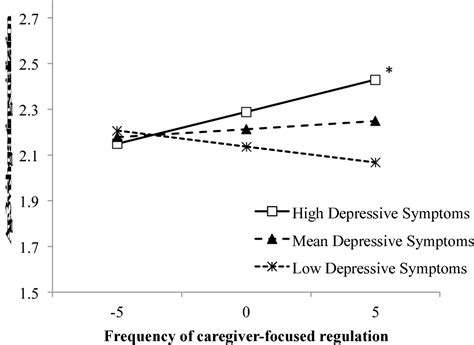
Understanding Emotional Regulation in Infants
Emotional regulation refers to the processes through which individuals manage their emotions. In infants, this process begins early and is critical for social development. Research shows that infants rely heavily on Maternal Cues to learn how to respond to different emotional stimuli. For instance, an infant’s ability to calm themselves in response to distressing situations often depends on how their mother reacts to those situations.
Mothers play a pivotal role in modeling emotional responses. A nurturing environment allows infants to observe and mimic their mother’s emotional expressions, leading to healthier regulation strategies. Studies indicate that babies who experience responsive caregiving consistently exhibit superior emotional regulation skills as they grow. In turn, these abilities significantly impact their future interactions and relationships.
Maternal Influence on Emotional Development
- Mothers who demonstrate emotional availability foster better emotional understanding in their children.
- Children learn to label and understand their emotions through interactions with their mothers.
- Consistent emotional support leads to secure attachment styles, affecting social relationships later in life.
Maternal emotional availability is crucial during the earliest years of a child's life. When mothers consistently respond to their child's emotional needs, it fosters a secure attachment that facilitates emotional growth. This attachment is foundational for developing empathy and emotional intelligence, which are vital for social interactions and relationships.
The Long-Term Effects of Maternal Care on Emotional Skills
The consequences of maternal influence on emotional regulation can last a lifetime. Children who receive warm, responsive care during infancy tend to develop well-rounded social skills and emotional resilience. Studies suggest that these children are less likely to experience anxiety and depression as they enter adolescence and adulthood. Moreover, emotional wellness gained through maternal care can enhance interpersonal relationships in future romantic partnerships.
Through continuous emotional support, mothers help children cultivate a toolkit for life. Skills such as conflict resolution, empathy, and effective communication emerge more readily in children exposed to nurturing environments. These vital skills not only promote personal well-being but also foster healthier community dynamics as children mature into adulthood.
Recommendations for Enhancing Maternal Influence
To maximize the positive impact of maternal care on emotional regulation, professionals suggest several strategies. First, mothers should be encouraged to engage in regular, open dialogues with their children about feelings. Teaching children to articulate their emotions can significantly aid in the development of self-regulation skills. This practice not only builds their emotional vocabulary but also creates a safe space for expression.
Furthermore, participating in parenting workshops can equip mothers with the tools and techniques necessary for effective emotional engagement. Workshops often cover essential topics like attachment theory and the importance of consistent responses to emotional needs. By becoming more informed, mothers can enhance their understanding of their child's emotional landscape.
Modeling Social Behavior
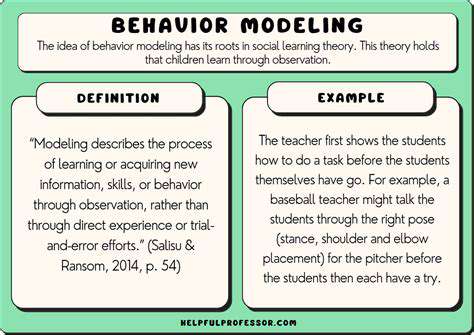
Understanding Maternal Influences on Social Behaviors
Research indicates that maternal care significantly shapes the trajectory of a child's social development. Strong attachments formed during early caregiving are crucial for fostering emotional intelligence and social skills. Studies suggest that children who receive responsive care are better equipped to form healthy relationships later in life.
- Maternal care influences emotional intelligence and social skills.
- Responsive caregiving fosters healthy relationships in later life.
- Early attachments are critical for social development.
This evidence highlights the importance of early interactions in shaping social behavior. For instance, neglect or inconsistent caregiving can lead to challenges in self-regulation and interpersonal skills. Thus, early intervention programs can be pivotal in providing supportive environments for child development.
The Role of Environmental Factors in Socialization
While maternal influence is profound, environmental context also plays a critical role in socialization. Factors such as community support, peer interactions, and educational opportunities augment the effects of maternal care. Children who engage in diverse social settings early on tend to develop more complex social networks, which enhances their adaptive skills.
Moreover, exposure to various cultural and social paradigms can enrich a child's ability to navigate diverse social landscapes. Early engagement with peers and community members facilitates necessary modeling of social behaviors, such as cooperation, conflict resolution, and empathy. It's vital for parents and caregivers to create environments that encourage such interactions.
The Role of Play in Socialization
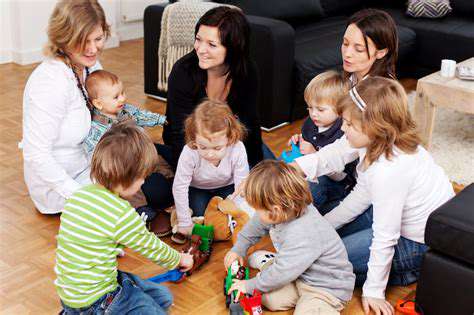
Understanding Play as a Developmental Tool
Play is not merely a source of entertainment for children; it serves as an essential tool for their Cognitive and emotional development. Through play, children navigate social interactions and learn to express their emotions effectively. Various studies indicate that children engaged in pretend play demonstrate higher levels of creativity and problem-solving skills.
This form of play promotes critical thinking and enables children to explore different roles within their social structure. For example, joining a group activity requires understanding the perspectives of others, fostering empathy and cooperation.
The Influence of Maternal Care on Play Behavior
- Maternal responsiveness enhances children's engagement in play.
- Caring mothers model social behaviors through play.
- Early nurturing supports secure attachment, vital for social development.
Research highlights that mothers who actively engage with their children during play significantly influence their social competencies. For example, a study published in the Journal of Developmental Psychology revealed that children with attentive maternal figures tend to exhibit better social skills and greater emotional intelligence.
Implications of Play for Long-Term Socialization
Engaging in play during early childhood can have lasting effects on socialization well into adulthood. Children who frequently play with peers learn conflict resolution skills and how to build and maintain relationships. These play experiences are foundational, shaping their future Interpersonal dynamics.
Moreover, groups that encourage cooperative play often yield more socially adept individuals. Future workplaces increasingly value interpersonal skills, making early socialization through play crucial for long-term success in both personal and professional realms.
